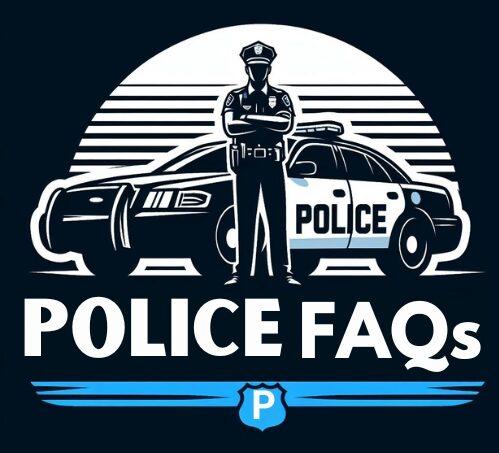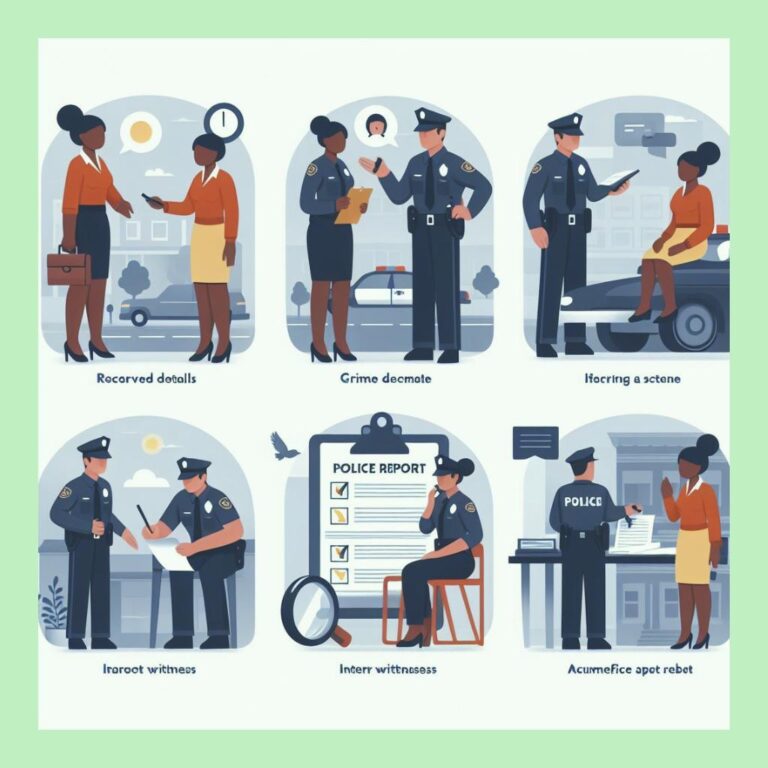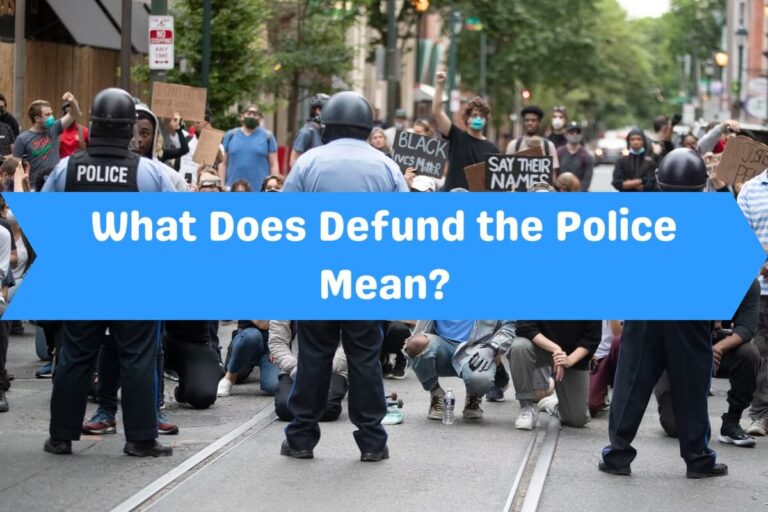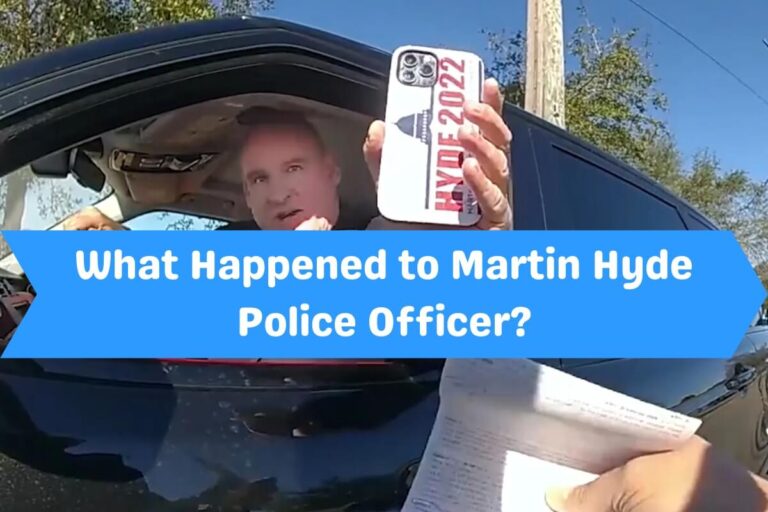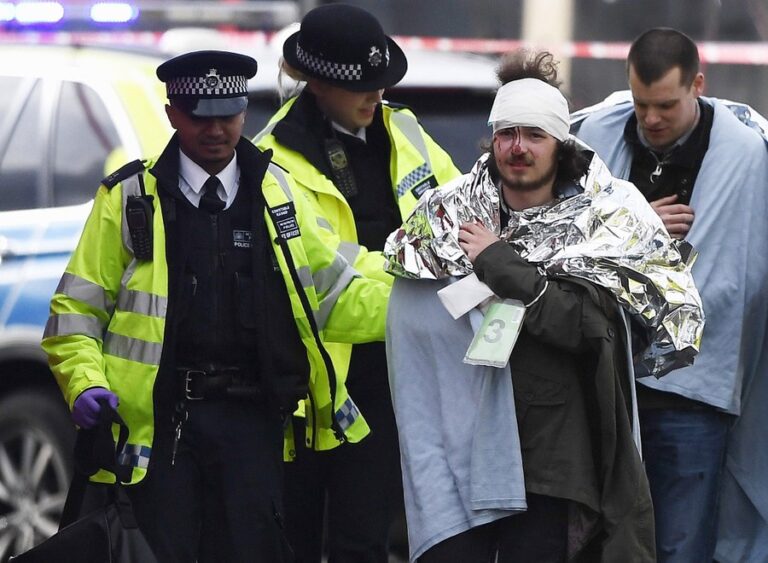Do Police Officers Get Fired? Exploring the Consequences for Police Misconduct

Do police officers actually get fired for misconduct? This is a complex and often controversial question, as the issue of police accountability has been a subject of intense public scrutiny in recent years. In this article, we’ll take a deep dive into the realities of police termination, examining the circumstances that can lead to an officer losing their job, the challenges of the disciplinary process, and the broader implications for both the officers and the communities they serve.
The Realities of Police Termination. Do Police Officers Get Fired?
Police officers are entrusted with significant power and authority, and as such, they are held to high standards of conduct. While the vast majority of police officers perform their duties with professionalism and integrity, there are instances where an officer’s actions or behavior may warrant termination.

Factors Contributing to Police Firings
The reasons for police termination can vary, but they often include unlawful or unethical conduct, such as excessive use of force, corruption, or criminal activity. Departmental policy violations, such as neglect of duty, insubordination, or breaches of the code of conduct, can also lead to an officer’s dismissal.
The Role of Unions and Disciplinary Processes
The process of terminating a police officer is often complex, with police unions playing a significant role in the proceedings. These unions can provide legal support and advocacy for officers facing disciplinary action, which can make it challenging for departments to fire officers, even in cases of clear misconduct.
Circumstances That Can Lead to Police Termination
Unlawful or Unethical Conduct
One of the most common reasons for police termination is the use of excessive force. When an officer’s actions are deemed to be disproportionate or unjustified, it can result in their dismissal. Corruption and criminal activity, such as bribery, theft, or abuse of power, can also lead to an officer’s termination and potential criminal charges.
Departmental Policy Violations
Failure to uphold the duties and responsibilities of the job, such as neglect of duty or insubordination, can also result in an officer’s termination. Violations of the department’s code of conduct, such as unprofessional behavior or lack of integrity, can also lead to disciplinary action and potential dismissal.
The Challenges of Police Accountability
The Difficulty of Terminating Police Officers
Terminating a police officer is often a complex and challenging process, as the officers are typically protected by powerful unions and the disciplinary procedures can be lengthy and convoluted. This can make it difficult for departments to hold officers accountable for misconduct, even in cases where the evidence of wrongdoing is strong.
Resistance from Police Unions
Police unions play a significant role in the disciplinary process, often providing legal support and advocacy for officers facing termination. This can create a significant obstacle for departments seeking to hold officers accountable, as the unions may fight to protect the officers’ jobs, even in cases of clear misconduct.
Issues with Disciplinary Proceedings
The disciplinary proceedings themselves can also be problematic, with lengthy investigations, appeals processes, and potential reinstatement of terminated officers. This can lead to a perception that the system is biased in favor of the officers, further eroding public trust in the police.
The Prevalence of Police Misconduct and Termination
Statistics and Trends
While it’s difficult to obtain comprehensive data on police terminations, various studies and reports have shed light on the prevalence of police misconduct and the challenges of holding officers accountable. A 2020 study by the International Association of Chiefs of Police found that nearly 60% of police departments had terminated at least one officer for misconduct in the previous year.
High-Profile Cases of Police Firings
In recent years, there have been several high-profile cases of police officers being fired for misconduct, such as the termination of the officers involved in the death of George Floyd in Minneapolis. These cases have sparked widespread public outrage and renewed calls for greater police accountability.
The Impact of Police Termination
Consequences for the Officer
The impact of police termination can be significant for the officer, both personally and professionally. In addition to the loss of their job and pension, officers who are fired for misconduct may also face criminal charges and a diminished reputation, making it difficult for them to find employment in other fields.
Implications for the Community
The termination of a police officer can also have significant implications for the community they served. It can erode public trust in the police, particularly in communities where there is already a strained relationship between law enforcement and residents. Addressing these systemic issues and rebuilding trust can be a challenging and long-term process.
The Role of Unions and Disciplinary Processes
The process of terminating a police officer is often complicated, with police unions playing a critical role. These unions provide legal support and advocacy for officers facing disciplinary action, making it challenging for departments to hold officers accountable, even in cases of clear misconduct.
Obstacles to Police Accountability
Terminating a police officer can be a daunting task, as the disciplinary procedures are often lengthy and convoluted. The resistance from police unions, who fiercely defend the rights of their members, can create significant obstacles in the accountability process.
FAQ:
1. Can police officers be fired for misconduct?
Yes, police officers can be terminated for a variety of reasons related to misconduct or performance issues. Some of the most common grounds for police termination include:
- Excessive use of force
- Corruption or criminal activity
- Violations of departmental policies and procedures
- Neglect of duty or dereliction of responsibilities
- Unprofessional or unethical behavior
2. What is the process for firing a police officer?
The process for terminating a police officer can vary by jurisdiction, but generally involves:
- An internal investigation into the alleged misconduct
- A disciplinary hearing or review board
- Recommendations for disciplinary action, including potential termination
- An appeals process where the officer can challenge the decision
Police unions often play a significant role in these proceedings, providing legal representation and fighting to protect officers’ jobs.
3. How common is police misconduct and termination?
Reliable data on police misconduct and termination rates is limited, but studies suggest it is a significant issue:
- A 2020 report found that nearly 60% of police departments had terminated at least one officer for misconduct in the previous year.
- High-profile cases of police terminations, such as the officers involved in the death of George Floyd, have sparked widespread public outcry and renewed calls for reform.
4. What are the consequences for a fired police officer?
The consequences for a terminated police officer can be severe, both professionally and personally:
- Loss of their job, pension, and law enforcement certification
- Potential criminal charges related to their misconduct
- Difficulty finding future employment, especially in public service roles
- Damage to their professional reputation and standing in the community
5. How does police termination impact the community?
The termination of a police officer can have significant implications for the community they served:
- It can further erode public trust in law enforcement, especially in communities with already strained police-community relations.
- It raises questions about the overall accountability and integrity of the police department.
- Rebuilding trust and repairing the damage to community relations can be a long, arduous process.
Conclusion:
Police termination for misconduct is a complex and contentious issue, with no easy solutions. While it’s clear that there are circumstances warranting the dismissal of officers, the challenges of the disciplinary process and the influence of police unions can make it difficult to hold officers properly accountable. As calls for greater police accountability continue, this issue will likely remain a key focus of ongoing discussions and reforms.
